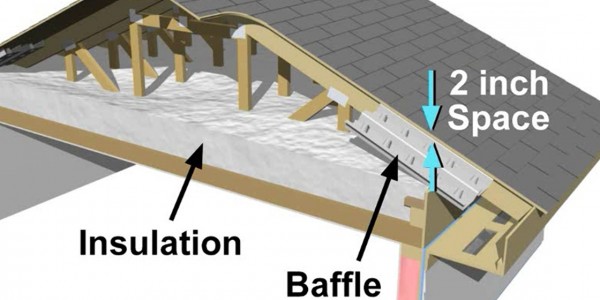The Importance of Home Insulation
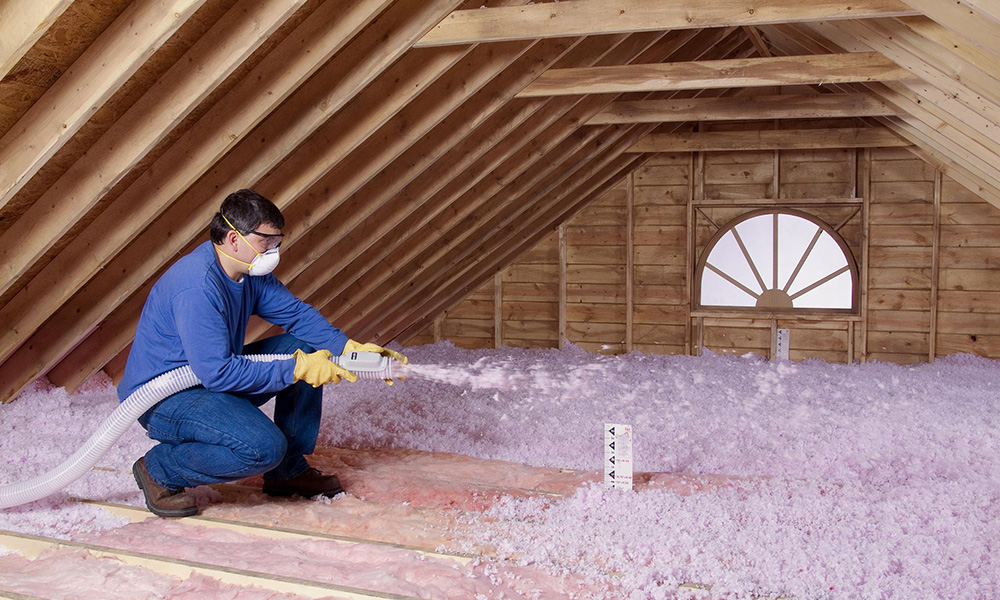
Half of the energy we use to heat or cool our homes and offices can simply leak out without insulation. Home insulation helps to:
- Better maintain a consistent temperature – reducing use of your heating and cooling systems
- Save money – by lowering your utility bills
- Eliminate hot or cold zones – and drafts that will improve your comfort at home
- Add Sound Dampening– qualities to your ceiling or walls which make your home or room quieter
Types of Home Insulation
Artech Contracting offers an array of home insulation products to meet your needs and budget including:
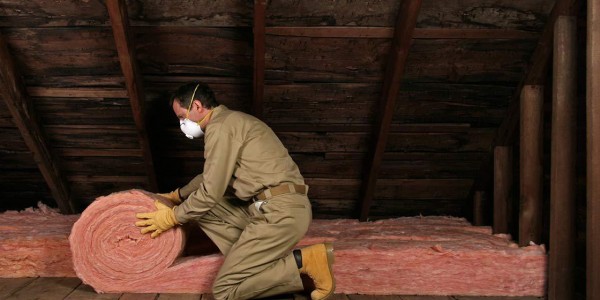
Rolls and Batts or Blanket Home Insulation
Are flexible products made from mineral fibers, such as fiberglass and rock wool. This is the most common type of insulation found in walls and floors.
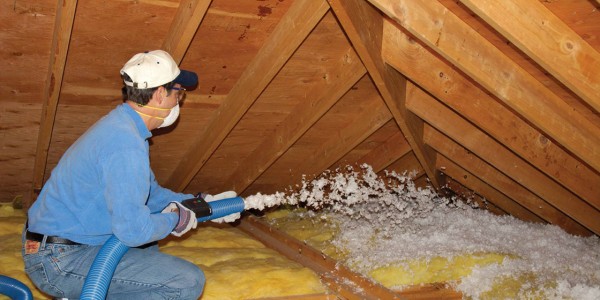
Blown In Home Insulation
Usually made of fiberglass, rock wool, or cellulose that comes in shreds, granules, or nodules. These small particles are blown into attics and places where it is difficult to install other types of insulation.
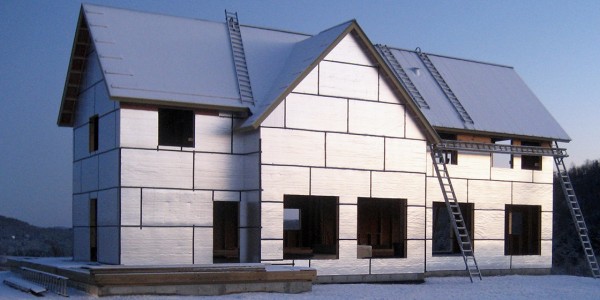
Rigid Foam Home Insulation
Effective and versatile , especially where space is limited and where higher R-values are needed. Most often used in basement or crawlspace walls as well as on vaulted ceilings or knee walls in the attic.
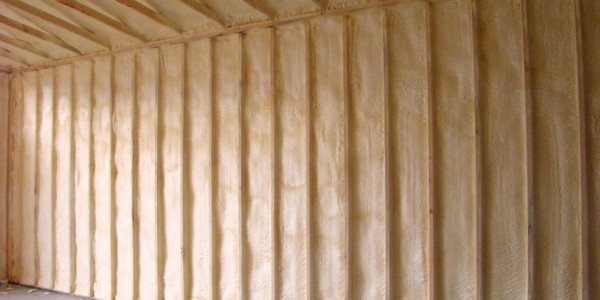
Spray Foam Home Insulation
Popular form of insulation most often used in attics, floors and walls that reduces air leakage and provides sound dampening.
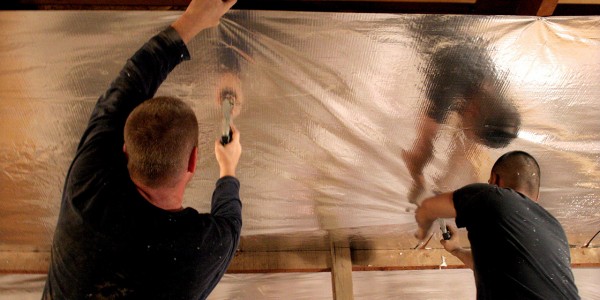
Radiant Barrier Home Insulation
Radiant barriers are installed in homes — usually in attics — primarily to reduce summer heat gain and reduce cooling costs. The barriers consist of a highly reflective material that reflects radiant heat rather than absorbing it. They don’t, however, reduce heat conduction like thermal insulation materials.

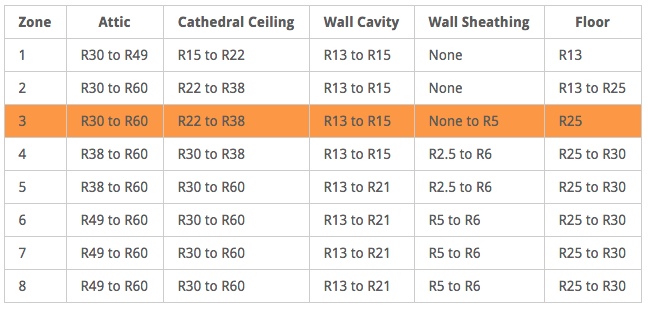
Why Choose Artech Contracting?
- We are Home Performance experts
- Competitive pricing
- High quality materials
- We will treat your home like our own
- Guarantee
What Our Home Insulation Services Include:
- Protection of your valuables (floor, corners of walls, landscaping, etc)
- Removal of old insulation (if necessary)
- Install or adjust baffles to maintain proper airflow
- Add insulation to meet or exceed building codes
- Consultative approach to assist you in selecting the right solution
- Safety Check and Testing

